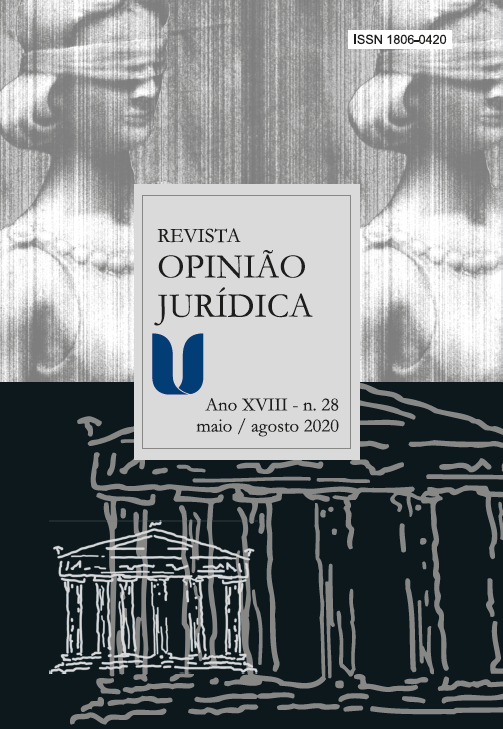Legal implications of street art as a ‘democratized’/’open’ form of art
DOI:
https://doi.org/10.12662/2447-6641oj.v18i28.p210-230.2020Keywords:
Purchase and Sale, Due Diligence, Artistic Intentionality, Cultural Heritage, Street ArtAbstract
The prestige of street art as an artistic expression has increased year after year. The analysis of its legal implications must take into account the difficulties in reaching a general operative concept of street art and the need to legally frame the creation, preservation and transaction of street art productions. Since the legal concept is not equivalent to the theoretical concept or the history of art, each State and even each municipality can create their own legal concepts, acting in accordance with these specific concepts in order to control production, to punish execution as vandalism or, in contrast, to protect works produced as part of their cultural heritage. Although street art is created in and for open spaces, usually as an ephemeral art,
the commercial interest in street art productions raises questions of due diligence during its transaction, such as those related to ownership, authenticity and even provenance. As an expression of an artistic movement started about half a century ago, can street art works be equated with “traditional” works of art (such as “goods” or “merchandises”), being subject to ownership, commercial sale and copyright, or must they be appreciated as artifacts that can be preserved as part of the cultural heritage or, alternatively, starting from the specific artistic and creative intent of the artist, be understood as a type of works of art that require the creation of new legal categories and forms of understanding its meaning?
Downloads
Published
How to Cite
Issue
Section
License
CESSION OF COPYRIGHTS
The submission of articles to analysis for publication on Opinião Jurídica implies the author(s) transfers copyrights to Centro Universitário Christus – UNICHRISTUS for reproduction, publicizing, distribution, printing and publication, according to the Publication Norm 414R, Opin. Jur., Fortaleza, year 12, n. 16, p.1-414, Jan./Dec. 2014, costs to be bore by UNICHRISTUS, in whatever format or means that may or shall exist, in accordance to articles 49 and following of Federal Law 9.610/98.
1. In ceding copyrights, the author(s) agrees to do so in exclusivity, free of charge and for the totality of the work.
2. UNICHRISTUS may make the work, in its entirety or in parts, available for scholarly purposes, without altering its contents, except for small corrections that are deemed necessary.
3. The cession of copyrights is valid in all countries and for versions of the material in its original language or translated into a foreign language.
RESPONSIBILITY FOR THE CONTENT
By submitting an article, the author(s) declare to have sole responsibility for the content of the piece and is(are), therefore, responsible for any judicial or extrajudicial measures referring to it.
1. In case of joint authorship, all authors are considered collectively responsible, except when proved otherwise.



















